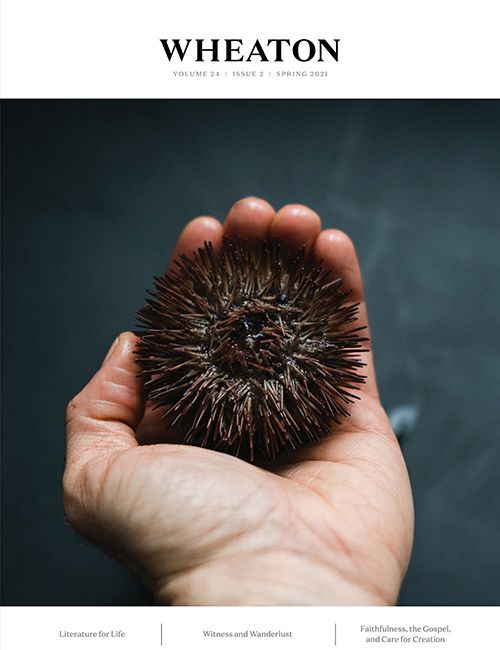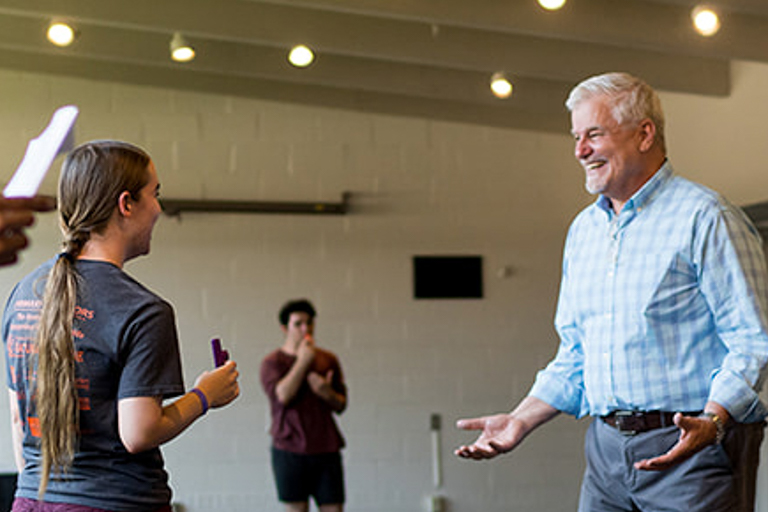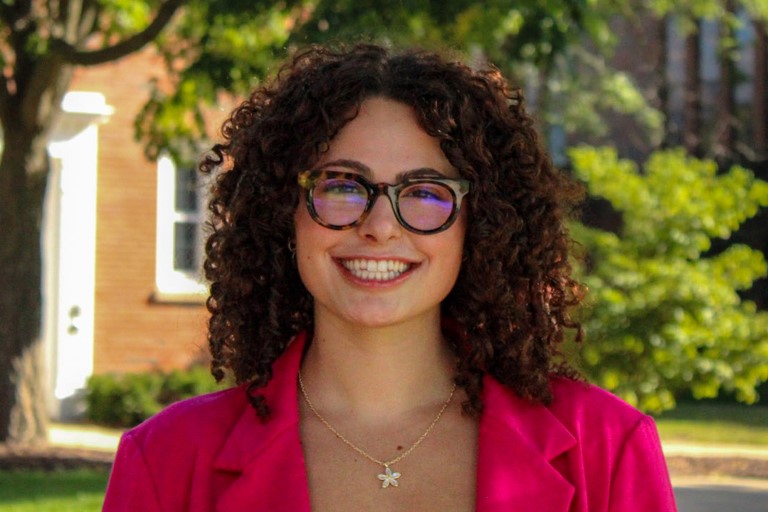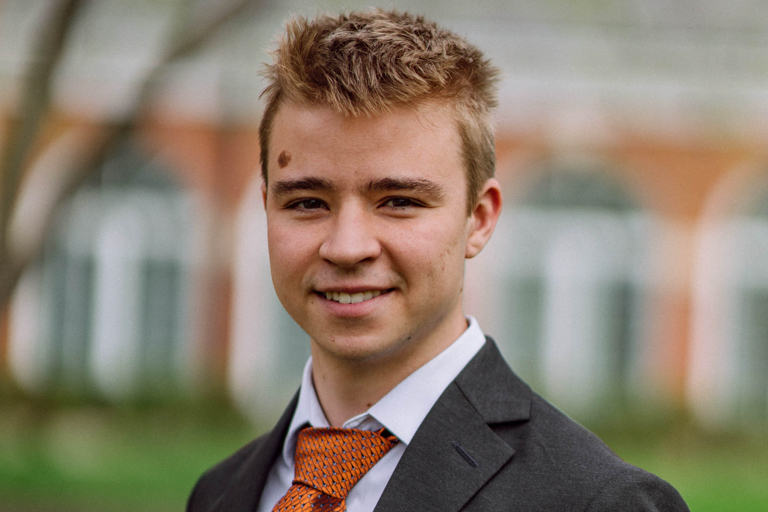Bob Shuster ’73
Archivist, Wheaton College Billy Graham Center Archives
Words: Andrew Thompson ’13
Photos: Tony Hughes
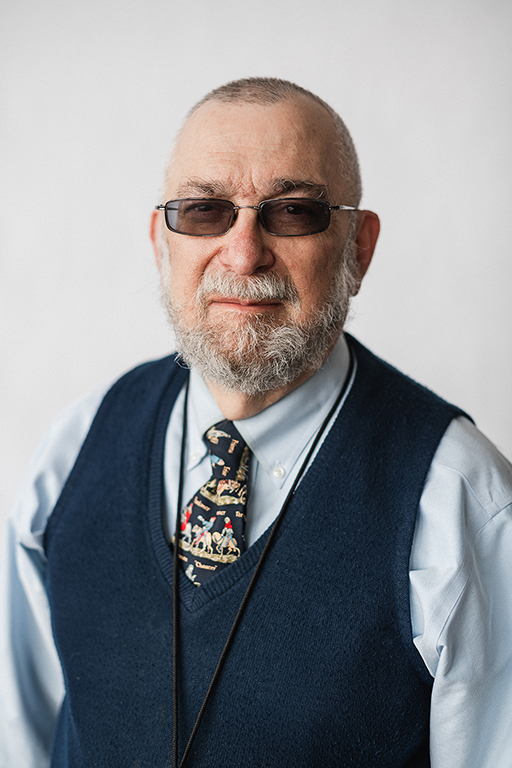
Bob Shuster ’73 has been an archivist at the Wheaton College Billy Graham Center Archives for decades, helping countless researchers learn from the past to understand the present.
Bob is someone who finds the new in the old—new facts, patterns, and relationships that reveal how the many “yesterdays” led to today. This could be helping a doctoral student find sources for a dissertation or curating new pieces for the collection. Predictably, he loves history—especially early church history, ancient history, the American colonial period, the Civil War, and Reconstruction.
Bob’s career includes many significant moments, including discovering human interest stories like that of evangelical entrepreneurs Percy Crawford ’29 and Paul Rader or the sinking of the Zamzam with 137 missionaries aboard. He also captured stories from the 1995 Wheaton Revival while it was happening and immediately afterward.
“The Wheaton College Billy Graham Center is unique in that we are collecting material on the history of evangelism—people telling other people about Christ, whether it is one-on-one or to a stadium with tens of thousands of people, over the airwaves, in a prison, or in a youth camp,” said Bob. “People around the world use our collections, but they are especially intended for the church— to inspire, encourage, warn, and teach.”
He is guided by the Archives’ verse, 2 Peter 1:13-15 (NIV): “I think it is right to refresh your memory as long as I live in the tent of this body, because I know that I will soon put it aside, as our Lord Jesus Christ has made clear to me. And I will make every effort to see that after my departure you will always be able to remember these things.”
Bob recognizes the significance of his work as well as the broader role of the College today. “I think Wheaton is a humane place, doing a divine work—giving people the intellectual and social skills for their own nurture and to serve as God’s people and witnesses in an increasingly secular world.”
